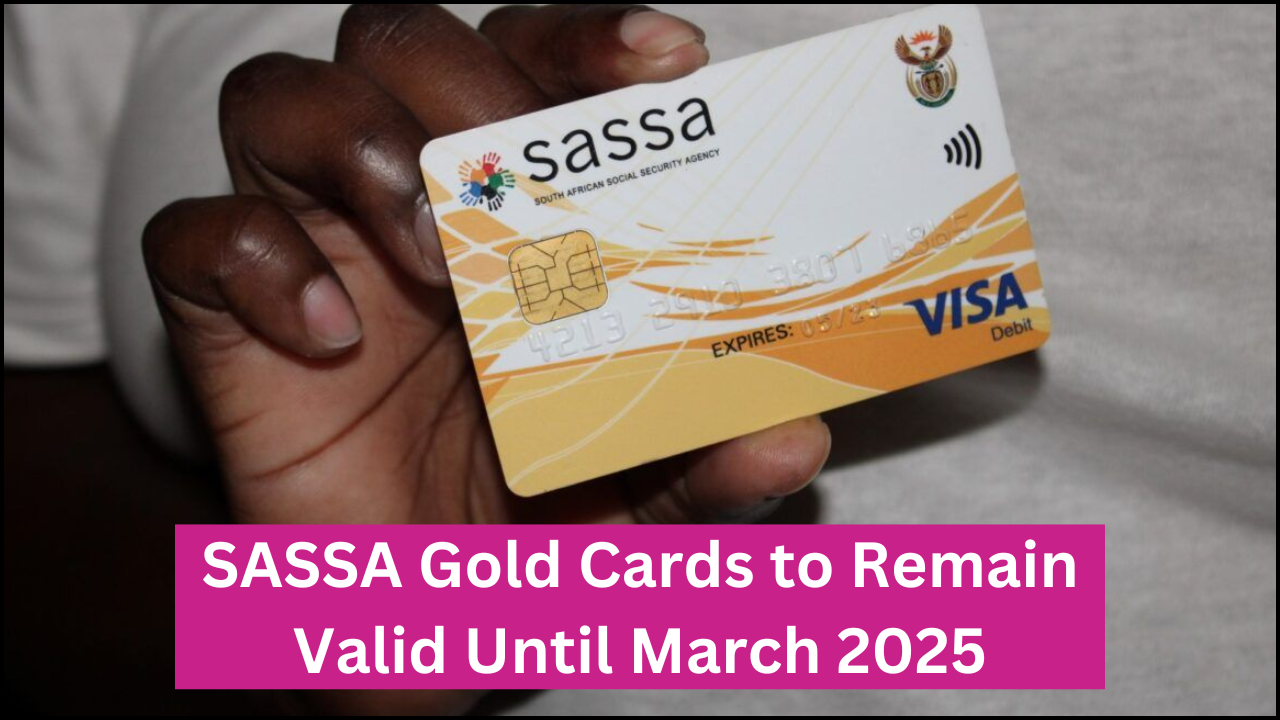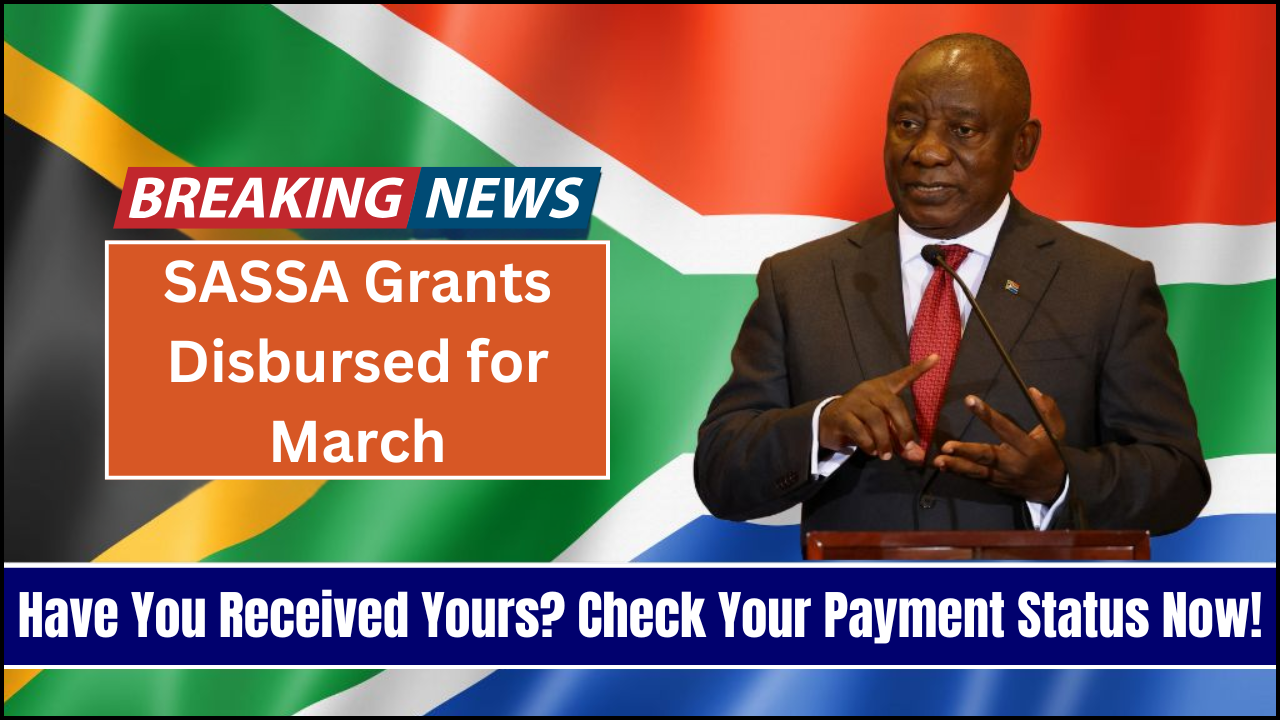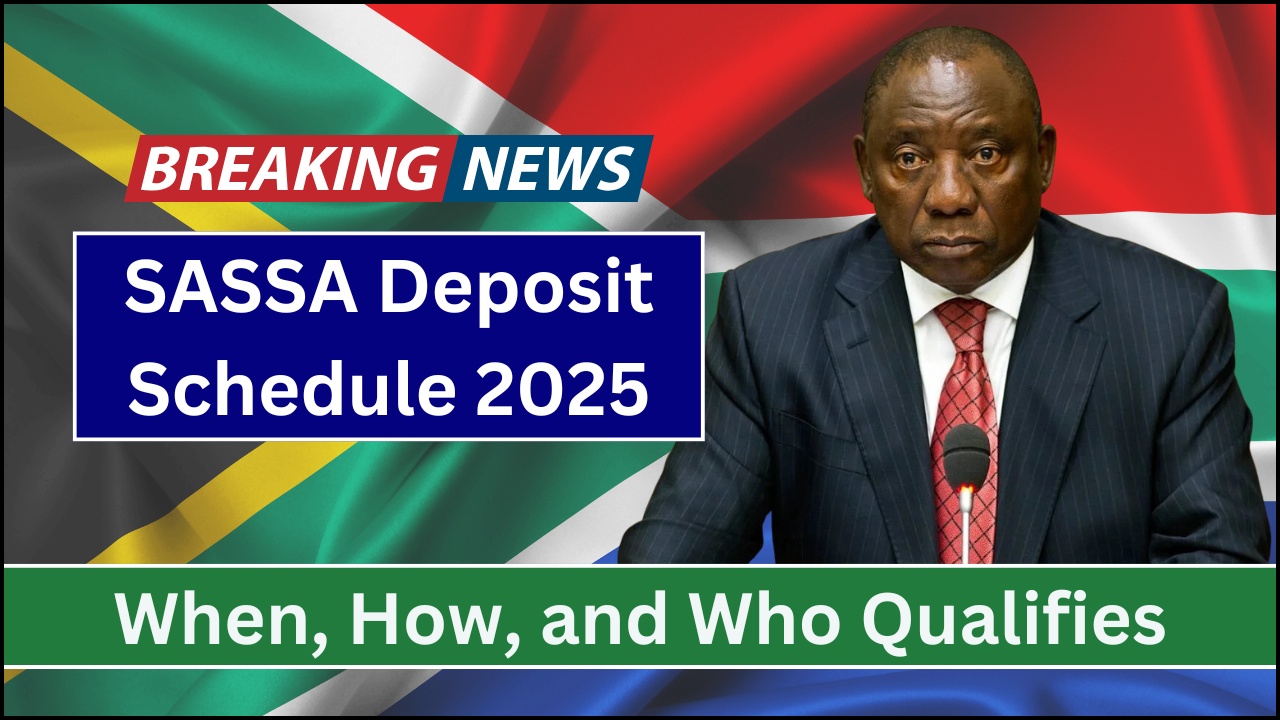
Many South Africans have recently seen social media posts about a new R700 grant. This has led to questions about how to apply and who can get this money. But you need to know: there is no official R700 grant from the South African government.
These messages are scams designed to steal your personal information. The South African Social Security Agency (SASSA) has confirmed that they have not created any R700 grant program. If you see posts about this grant, please ignore them and do not share your personal details.
Understanding SASSA Grants
The good news is that SASSA does offer several legitimate grants to help South Africans in need. These programs provide real financial support to eligible citizens and permanent residents.
Key Details: SASSA Grants Overview
| Grant Type | Who Can Apply | Monthly Amount (Approx.) | Key Requirements |
|---|---|---|---|
| Child Support | Parents/caregivers of children under 18 | R500-R550 | Income below threshold, child’s birth certificate |
| Older Persons | Citizens/residents aged 60+ | R2,000-R2,080 | Medical assessment of the child’s condition |
| Disability | People with disabilities unable to work | R2,000-R2,080 | Medical assessment confirming disability |
| Foster Child | Court-appointed foster parents | R1,150-R1,200 | Valid court order |
| Care Dependency | Parents/caregivers of children with severe disabilities | R2,000-R2,080 | Proof of emergency |
| Grant-in-Aid | Current SASSA grant recipients needing full-time care | R450-R500 | Already receiving another SASSA grant |
| Social Relief of Distress | People in temporary hardship | Varies | Proof of emergency situation |
SRD R370 Grant Payments March 2025, Dates, Eligibility, and Everything You Need to Know
Detailed Look at Main SASSA Grants
1. Child Support Grant
This is one of the most widely used grants in South Africa. It helps parents or caregivers who are raising children in low-income households.
Who can apply:
- The primary caregiver of a child (parent, grandparent, or legal guardian)
- South African citizens, permanent residents, or refugees
- Children must be under 18 years old
- Household income must be below the threshold set by SASSA
What you need to apply:
- Your ID document
- Child’s birth certificate
- Proof of your income (or declaration if unemployed)
- Proof of address
2. Older Persons Grant
Also known as the Old Age Pension, this grant supports elderly South Africans who cannot fully support themselves financially.
Who can apply:
- South African citizens, permanent residents, or refugees
- Age 60 or older
- Not receiving other government support
- Not living in a state institution
- Meeting the income and asset requirements
What you need to apply:
- Your ID document
- Proof of residence
- Proof of income and assets
- Bank statements (if applicable)
3. Disability Grant
This grant helps people with physical or mental disabilities that prevent them from working and earning income.
Who can apply:
- South Africans aged 18 to 59 with disabilities
- The disability must be confirmed by a doctor
- The condition must prevent you from working for at least 6 months
- Must meet income and asset requirements
What you need to apply:
- Your ID document
- Medical assessment form completed by a doctor
- Proof of income (or declaration if unemployed)
- Proof of address
4. Foster Child Grant
This grant supports people who are legally caring for children who are not their biological children.
Who can apply:
- Court-appointed foster parents
- The child must be legally placed in your care
What you need to apply:
- Your ID document
- Foster care court order
- Child’s birth certificate
- Proof of address
How to Apply for SASSA Grants
Applying for a SASSA grant is free and can be done in several ways:
Step 1: Check if You Qualify
Review the requirements for the specific grant you need. If you’re unsure, you can call the SASSA helpline at 0800 60 10 11 for guidance.
Step 2: Gather Your Documents
Collect all the necessary documents as listed for your specific grant. Having everything ready will make the application process much smoother.
Step 3: Submit Your Application
You have three options:
- In-person: Visit your nearest SASSA office
- Online: Apply through the official SASSA website (for some grants)
- Post: Mail your application to SASSA
Step 4: Assessment
SASSA will process your application, which may include:
- Verifying your documents
- Conducting a home visit (in some cases)
- Medical assessment (for disability-related grants)
Step 5: Receive the Outcome
SASSA will inform you whether your application was successful, usually within 3 months. If approved, they will tell you when and how you will receive your payments.
How to Spot and Avoid Grant Scams
With the rise of the fake R700 grant scam, it’s important to know how to protect yourself from fraud:
Warning Signs of Grant Scams:
- Requests for payment to process your application (SASSA never charges fees)
- Messages asking for your PIN, password, or banking details
- Offers that seem too good to be true
- Requests to click on suspicious links
- Social media posts not from official government accounts
How to Stay Safe:
- Only get information from official sources (SASSA website, offices, or helpline)
- Never pay anyone to help you apply for a grant
- Do not share your personal banking details with strangers
- Report suspicious offers to SASSA immediately
- Check with your local SASSA office if you’re unsure about any grant information
Where to Get Help
If you need assistance with your SASSA grant application or have questions about your eligibility, you can:
- Call the SASSA helpline: 0800 60 10 11
- Visit your nearest SASSA office
- Check the official SASSA website: www.sassa.gov.za
- Contact a community development worker in your area
Remember that legitimate government support is available to South Africans in need. By understanding the real grants offered by SASSA and knowing how to avoid scams, you can access the help you deserve without falling victim to fraud.





